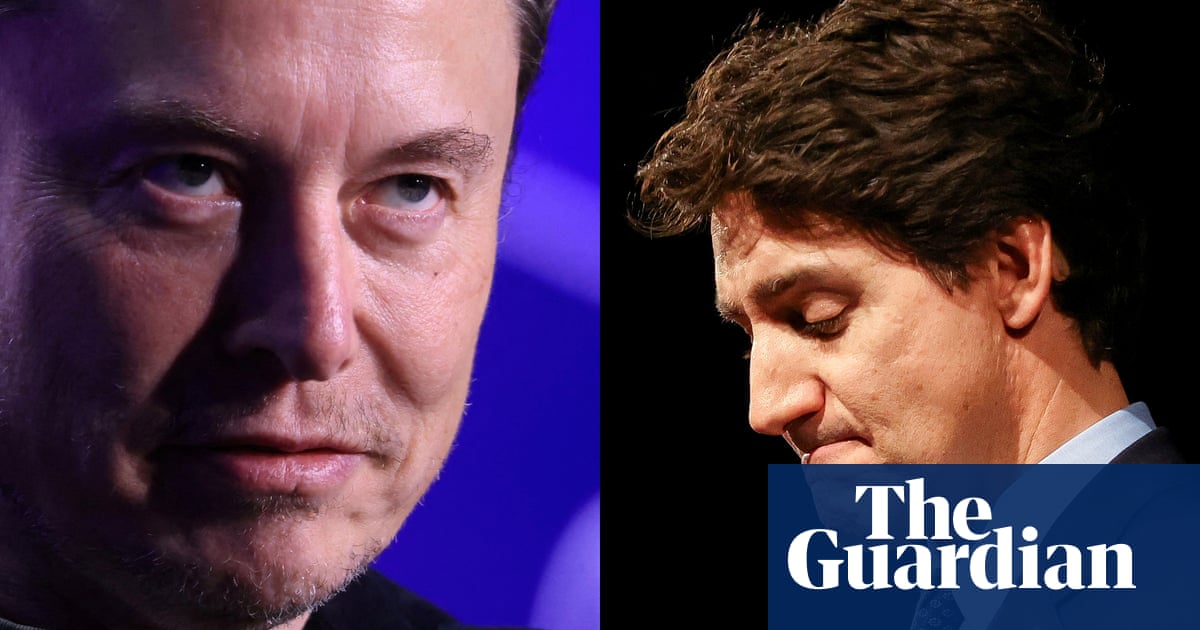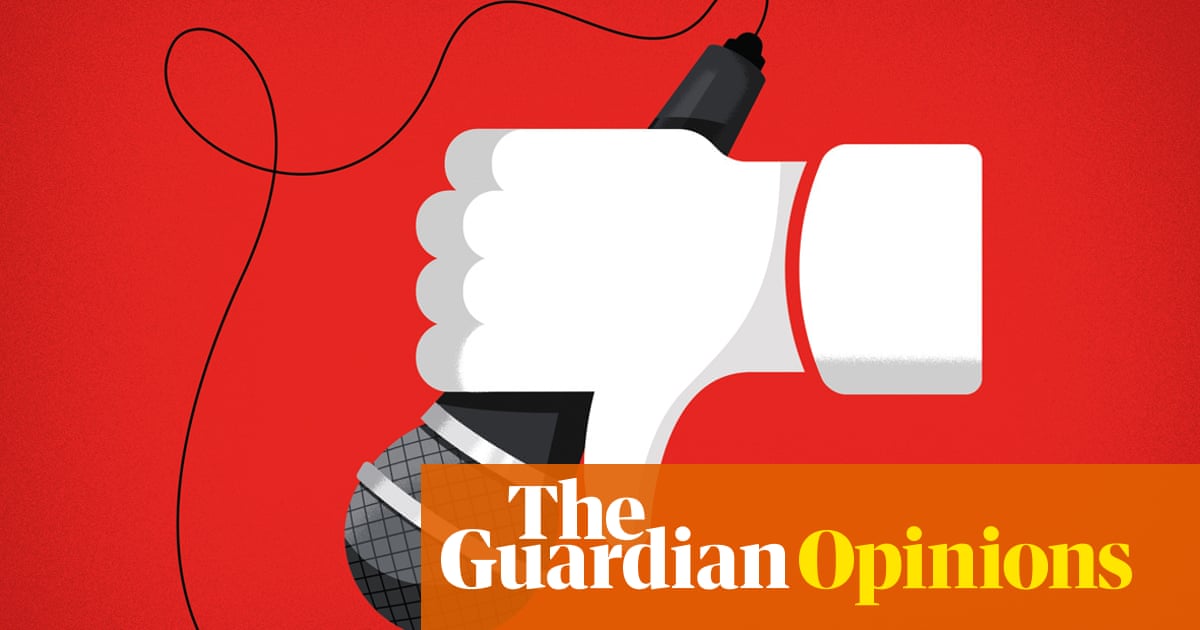From mince pies to pigs in blankets, Christmas is a time for indulgence – often on ultra-processed foods.
And as we eat our own body weight in chocolate while watching It’s a Wonderful Life for the 14th time, we often expect somebody who knows better to be tutting at us as they prepare healthier options.
But, it turns out, even leading experts admit they do not tend to worry about their own yuletide overindulgence – they try to eat a piece of fruit and worry about it in January like the rest of us.
Dr Lindsey Smith Taillie, an associate professor of nutrition and co-director of the Global Food Research Program at the University of North Carolina, Chapel Hill, said: “In general, the concern is less about people eating rich foods on special occasions than it is the fact that we have very high levels of ultra-processed foods high in sugar, salt, and saturated fat in our everyday diets.”
She added: “In other words, from a nutritional perspective, I wouldn’t [worry] about enjoying some chocolate or sausage on Christmas, ultra-processed or not. Occasional treats can be part of a healthy diet. They’re also how we can show love and express our culture and identity.”
Dr Chris van Tulleken, author of the bestselling book Ultra-Processed People – which explores how the food industry creates and markets products engineered to make us overeat – said he would not be giving advice on what to scoff over the festive season.
“What I do is I buy quite a lot of pre-prepared, some of it will be ultra-processed, Christmas food – the tinfoil trays of potatoes and veg and the sprouts with the bacon – and I take it out of its containers the night before and put it in ceramic, and then I put it in the oven and tell my family that I cooked it,” he said. “And it saves me a massive amount of time. Everyone loves it and I actually spend time with my family on Christmas Day.”
Van Tulleken said that, while he believes structural and policy changes are needed to tackle ultra-processed foods (UPFs), he stressed individuals should not be made to feel guilty about what they eat.
“You can change how you vote, you can change what you campaign for, but you can’t change the air you breathe off your own bat, or the house you live in, or the food you eat,” he said.
Nichola Ludlam-Raine, a dietitian from Leeds and author of the book How Not to Eat Ultra-Processed, said not all ultra-processed foods are unhealthy, and not all whole foods are healthy – such as a homemade dessert made with cream and sugar.
Ludlam-Rain said she backs the “80:20” rule, whereby whole foods like vegetables and lean protein comprise four-fifths of the diet.
“However, I do believe that there are certain times of the year where you should allow yourself a little slack and not to over-worry about things, because food isn’t just there to nourish ourselves physically – it’s also there, you know, for soul food, for socialising,” she said, adding that overindulgence on one day can be compensated for by increasing consumption of whole foods, or extra walks, in the days that follow.
“I think it’s about trying to balance out December,” she added, echoing much of the rest of us.
One tip Ludlam-Rain had is to make sure the healthy choice is the easy choice.
“So yes, by all means, have Quality Street and mince pies in the house, like we will be doing, but they won’t be on the side. They’ll be in a cupboard, and I’ll have my fruit bowl out on the side,” she said.
Prof Giles Yeo of the University of Cambridge – a broadcaster and obesity expert who has previously raised concerns about the term UPF – added Christmas and other periods of celebration are not an appropriate time to be restrictive with our diets.
“I think we should consider out diets as a whole, rather than for each individual meal, or period of time,” he said. “So, yes, I should be indulging in peace, and so should everyone else. To paraphrase Oscar Wilde, everything in moderation, including moderation!”

.png) 1 month ago
9
1 month ago
9













































